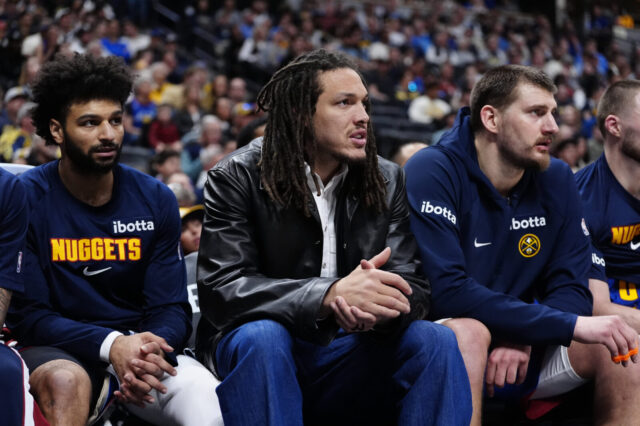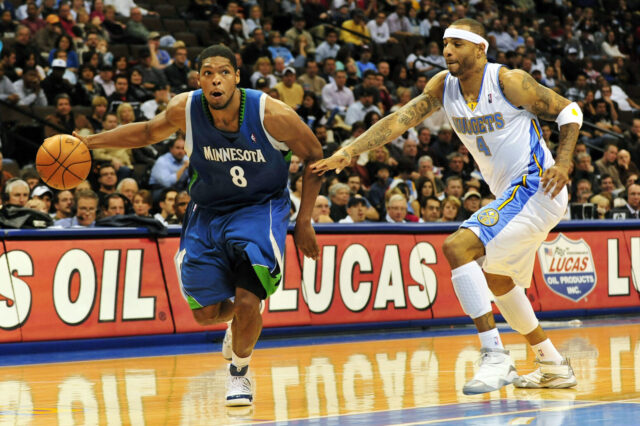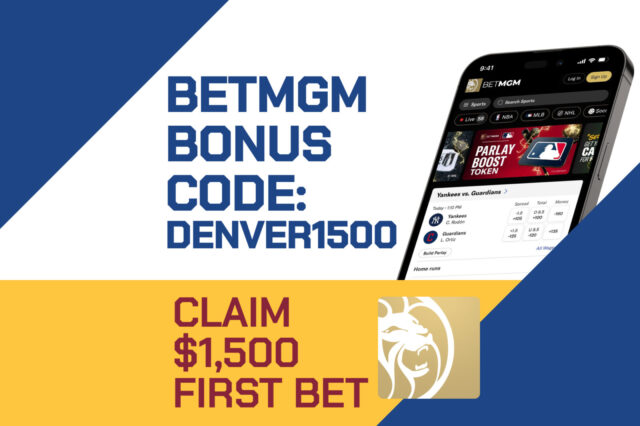In the first of a three part series, we will be discussing the positions of the parties involved in the NBA's new collective bargaining agreement negotiations.
In order for Denver Stiffs readers to keep informed on the potential labor strife in the NBA which could occur at the end of this month (June 30th) today’s column is the first of three parts. Part one discussing the owners position in these labor talks. Part two discussing the players position. Part three on areas of potential compromise.
Owners position
In February of 2010 just before the All-Star Game, the NBA owners and Commissioner David Stern presented a contract proposal for a new Collective Bargaining Agreement (CBA) that included the following:
-38% reduction in overall player salaries.
-A reduction of the players 57% share of initial revenue to an equal share (ie: 50/50 or close to it).
-A hard salary cap of $45 million.
-Elimination of salary cap exceptions (which allows a team to exceed the salary cap with minimal or no penalty).
-Limiting player contract years to four years maximum.
-Doing away with guaranteed contracts/partially guaranteeing contracts with minimal buyout clauses.
-A reduction of the rookie salary cap
A revised proposal was submitted in May of 2011, which included a 3 year “phase in” period of the proposed hard salary cap. Other than the “phase in” clause, the main bullet points are said to have remained the same. According to David Stern, the “NFL style” Franchise Tag is not on the table and is not submitted as an idea by the owners.
The Goal
According to deputy commissioner Adam Silver, the goal of the new CBA proposal is to make sure that all NBA teams have a better chance at making a profit. As of right now, the NBA claims that only 8 of the 30 teams actually make a yearly profit and the NBA as a league is losing upwards of $300 million annually (fluctuating from $370 to $300 million the last three seasons) and have submitted audited financial records for review by the NBAPA. Each of these claims are disputed by the NBA Players Association (NBAPA).
Both Stern and Silver have stated that major salary concessions need to be made by the players in order for the NBA to gain better financial footing and, similarly to NFL owners, the owners want their revenue to exceed their operating cost for the foreseeable future.
Revenue Sharing
The NBA insists it will tackle revenue sharing, but the league would like to get the CBA with the Players Association out of the way first. How they plan on taking on the issue of revenue sharing has not been publicly discussed or indicated.
Will player concessions make the NBA more profitable?
Simple answer; they hope it will. Any time a large company reduces it’s bottom line (labor cost) it will increase it’s chances of making a profit, or at the very least losing less money. The player concessions being asked for by the owners (preliminarily) will result somewhere in the neighborhood of $800 million cost savings just in labor. With the rising international popularity of the NBA, bottom line cost savings will only increase opportunity for owners of NBA franchises to stay afloat, but does not guarantee profit.
The Problem
While player concessions will indeed make it possible for NBA franchises to gain a profit, it won’t be sustainable without additional revenue streams. Since the NBA operates as a collective trust, they have an opportunity to share revenue amongst teams. The NBA’s revenue sharing system is broken, and blatantly favors large market teams. While most other leagues split local television revenue (aside from the NFL which televises their games exclusively on National Television) in the NBA teams keep 100% of their local revenue. This allows a team such as the Los Angeles Lakers to sign a (speculated) $3 billion local TV contract and simply pocket the money. Meaning the rich get richer while teams that do not possess the ability to ink large local TV contracts are playing at an extreme disadvantage. With the NBA not explicitly promising to tackle revenue sharing – then the changes in labor cost savings and other proposed concessions will lead the league right back to this point in the not so distant future.
Additionally, in what appears to be a concession to the large market owners, the floated proposal of the NFL style franchise tag has not been put on the table. This spells out a very large divide between large and small market owners. The feeling is that players gravitate towards larger markets, so how can small market teams keep big stars in their town or attract them as free agents? Also, the large market franchises are deeply concerned about breaking up their teams (which resulted in the proposal of a three-year phase in hard cap) specifically the new “super teams” that have been formed and could result in cap hell if a hard cap is put into place right away. It’s very clear that the owners aren’t united on these things. In fact, according to Chad Ford on ESPN.com – the owners are quite divided.
It appears that the small market teams were leading the charge for the initial proposal last year, and now the large market teams are leading the pull back. If the owners can’t get their own house together this will be a very messy process. Another issue is the long-term competitiveness of each NBA franchise – large and small is not really covered. Having a hard cap won’t alter the competitive balance and it seems like the momentum that started with the small market owners in the initial phase of negotiations has faded.
Update
After a marathon four-hour meeting on Wednesday, there came an indication from Roger Mason Jr. (as reported on Twitter initially by a Bloomberg writer and retweeted by the NBAPA):
More labor: Roger Mason Jr. said Knicks owner Jim Dolan expressed a willingness to share more of his revenue with smaller markets.
Maybe a ray of sunshine peaked through the cloudy labor talks? It’s also important to note that Stan Kroenke and Josh Kroenke have not been attending the most recent talks. Josh has been attending the pre-draft workouts with general manager Masai Ujiri and Stan seems to have his hands full with the NFL lockout and his St. Louis Rams.
mortonagency@juno.com


